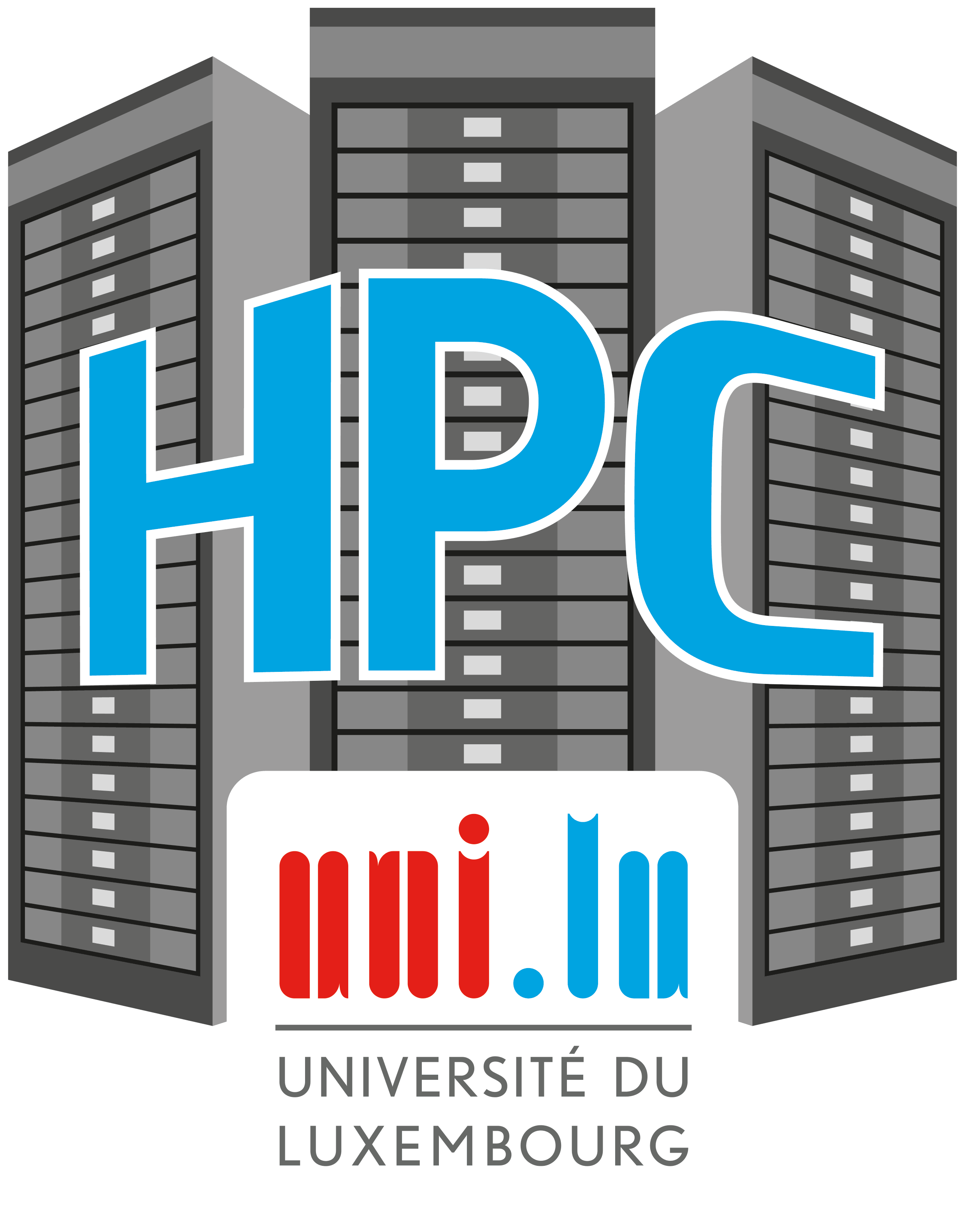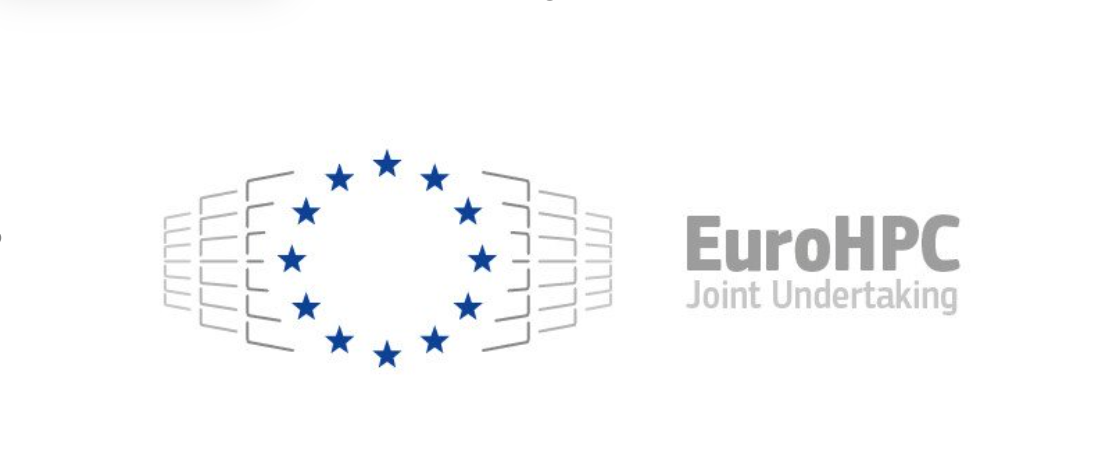Transforming blast furnace simulations from a year and a half to just 15 days, thanks to ground-breaking technology
Challenge: Simulating the collision detection of intricate shapes involving a vast number of objects is plagued by two major challenges: extensive computation time and high memory usage. However, these obstacles can be overcome through the use of high-performance computing (HPC).
Solution: By implementing advanced techniques like Hybrid MPI+OpenMP Parallelization, a powerful computational approach known as the Extended Discrete Element Method (XDEM) has been optimised for simulating complex, real-life scenarios with numerous particles and interactions. The continuous improvements made between March 2017 and October 2020 have resulted in a staggering 13-fold increase in code speed, harnessing the full capabilities of HPC platforms. Now, the charging of blast furnaces can be simulated in just 15 days, a remarkable reduction from the previous year-and-a-half timeframe.
Find further information about this example and other similar applications
Source: ULHPC Demonstrators
.png?lang=en-US&ext=.png)

